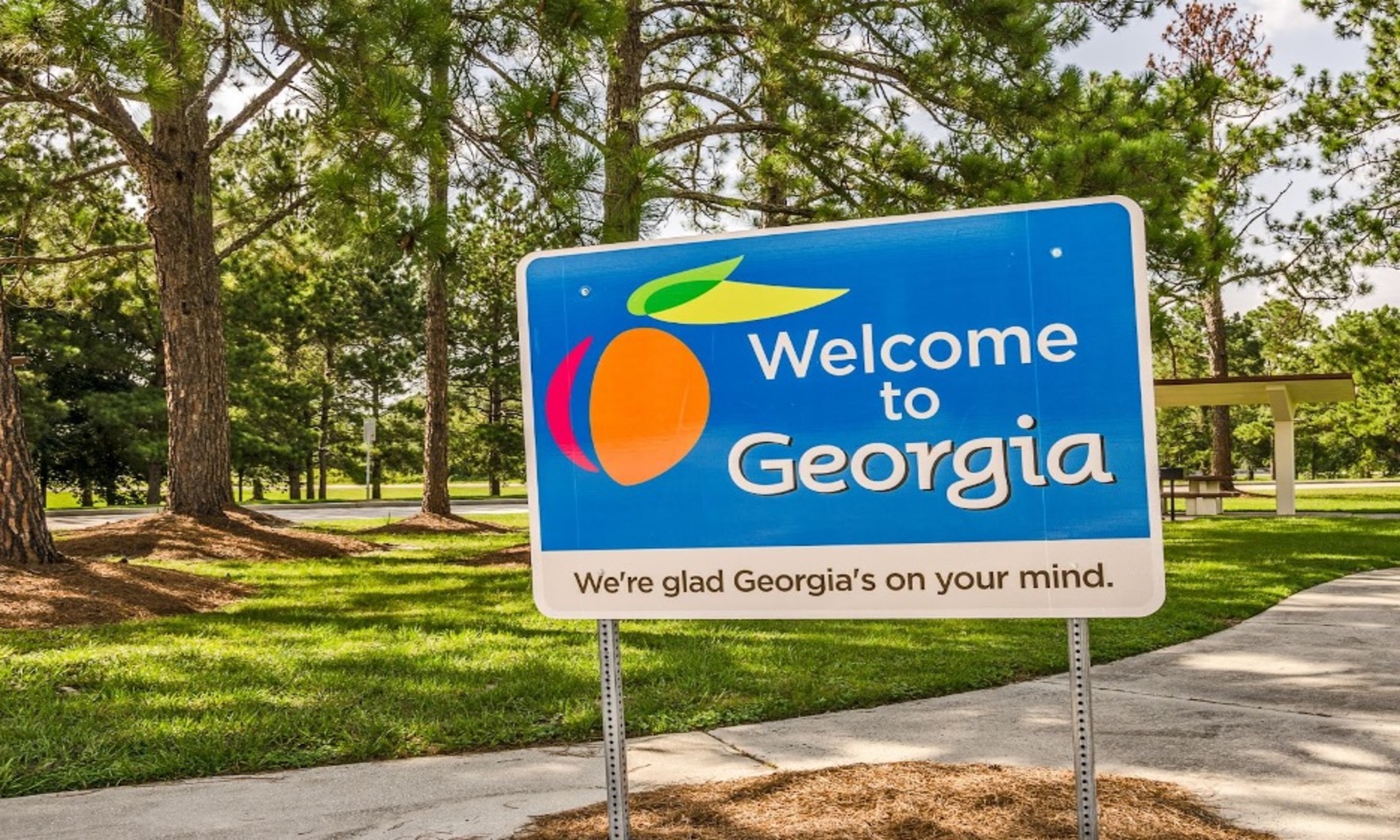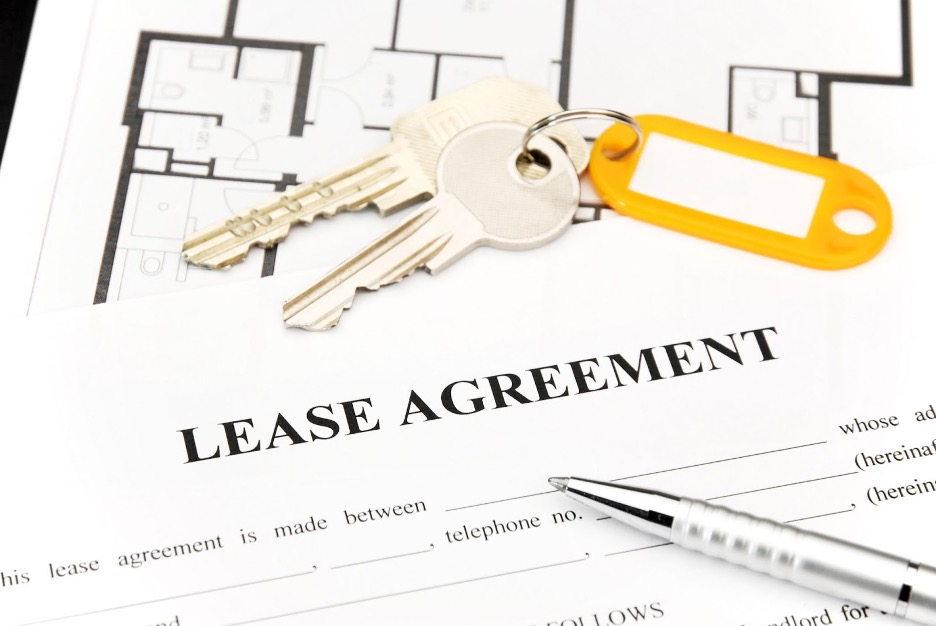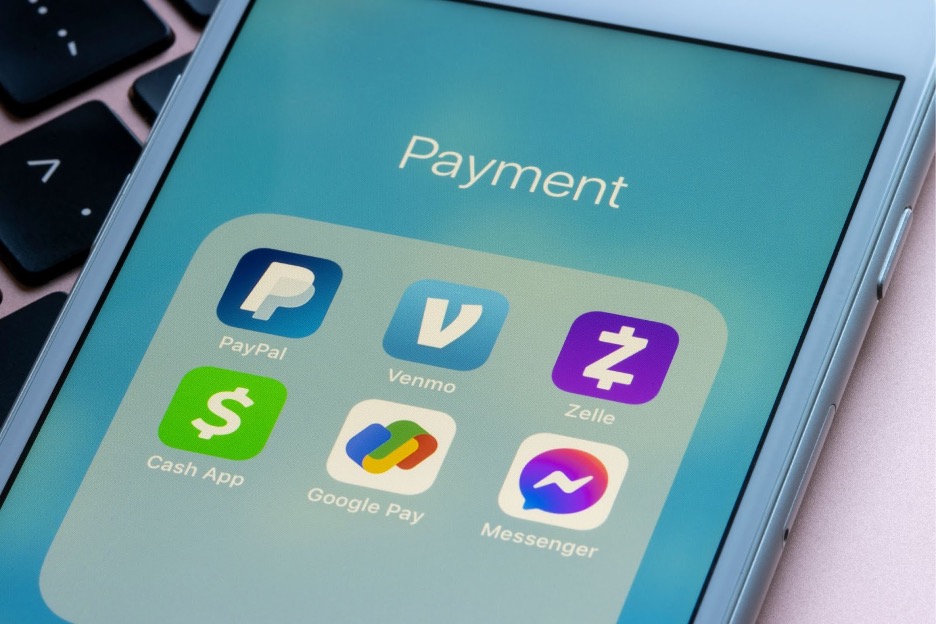
When you purchase more than one home, you can put them to work for you by renting them. Rental property can create a semi-passive income for you because it only requires periodic upkeep.
The landlord must maintain the home, make repairs and, typically, care for the lawn. Otherwise, the tenant lives there and takes care of the day-to-day cleaning of the interior of the home.
Georgia Landlord FAQ
If you’ve never purchased a home for use as a rental property, read up on the topic of becoming a landlord first. We compiled these frequently asked questions to help you get started.

What should a lease document include?
When you establish your career as a landlord, hire an experienced real estate attorney as a consultant, so you properly set up your accounts and accounting methods. You can save yourself money by using EZlandlordforms.com to obtain lawyer-written lease agreements specifically for Georgia landlords. If you want to alter the leases at the website, have your attorney edit the document to ensure your lease stays within the legal limits.
Does a Georgia lease have to be in writing?
Yes. Georgia law requires landlords to use a written lease. It must include all terms and requirements that both parties adhere to in order for the state to consider it legally valid.
How long does a landlord have to fix something in Georgia?
The state of Georgia states that a landlord has “reasonable” time to repair something when the tenant requests repairs in writing for something they did not break. While the state does not provide a number of days, it does give the tenant the right to hire a licensed professional to make the repairs and deduct that cost from their rent if the landlord does not make the repairs quickly. The state applies this to all categories of damage or ill repair that could make the home uninhabitable:
- Heat and air conditioning, if they worked when the tenant moved in.
- Plumbing.
- Electrical wiring, outlets and lighting.
- Sanitation facilities, including toilets, bathtubs and showers.
- Smoke detectors.
How much can a landlord raise the rent in Georgia?
Georgia does not offer rent control laws. This means that a landlord can theoretically raise the rent by any amount once the current lease expires. This means the landlord can only raise the rent at lease renewal. For this reason, most landlords use a one-year lease, so they don’t get locked into a long-term contract.
What is a typical raise in rent?
Typically, a landlord raises rent only to keep pace with the cost of living. A small annual increase of a few percent remains normal. In 2022, the U.S. cost of living adjustment equaled 5.9%. That means if you charged a rent of 1,000 per month in 2021, it would increase by $59.
What can you do if a tenant files a complaint with the state about you?
Like most states, Georgia state law offers protection to tenants who file a notice about their landlord’s code violations. If the landlord takes any retaliatory action against the complaining tenant, the tenant can report that as well. If found guilty of retaliatory behavior, under The Georgia Landlord Retaliation law (2019), the landlord must pay the tenant one month’s rent, $500 and any legal fees. For the law to apply, the tenant must show that they informed or attempted to inform, in writing, the landlord of the unsafe or illegal code issue. This provides the landlord the opportunity to repair the item. If the landlord does not repair it and the tenant reports them, the law kicks in. Georgia defines retaliation as any of the following:
- Attempting to remove the tenant.
- Filing eviction paperwork.
- Decreasing services to the tenant.
- Depriving the tenant use of the premises.
- Raising the tenant’s rent.
- Terminating their lease.
- Interfering with the tenant’s rights under their lease agreement.

What forms of payment can you use to accept rent?
Georgia law does not limit the means by which you accept payment for your rent from tenants. The typical methods in 2022 include personal checks, cashier’s checks, cash, money order, credit card payments, debit card payments, direct deposit to your bank or electronic wallet apps like PayPal, Cash App, Venmo, Payoneer, etc. Federal and state governments require you to track and record each payment because they want to see accurate numbers on your federal and state income tax.
How do you set your rent?
You could choose a complex method of setting rent, or you could use the one percent rule or cover-your-costs methods. If you already own your home, using the one percent rule or covering your costs works well. If you still have a mortgage, setting it at your mortgage plus $100 or $200 makes sense. You’ll cover your costs and make a little money. Ideally, you want to charge rent in line with other nearby rents. If you charge more than that, no one will rent your home because they’ll have similar, cheaper alternatives.
What do you do if your tenants lose their jobs or undergo an emergency that cuts their cash flow?
Once you land a terrific tenant who loves your home and takes good care of it, you smartly want to keep them. They’re an asset. You can help your Georgia renter who experiences a cash flow problem by putting them in contact with the Georgia Department of Community Affairs, which operates a rental assistance program. Your tenant can apply for this program, which can help them pay the rent directly to the landlord for up to 18 months. The program also assists them with utilities.
